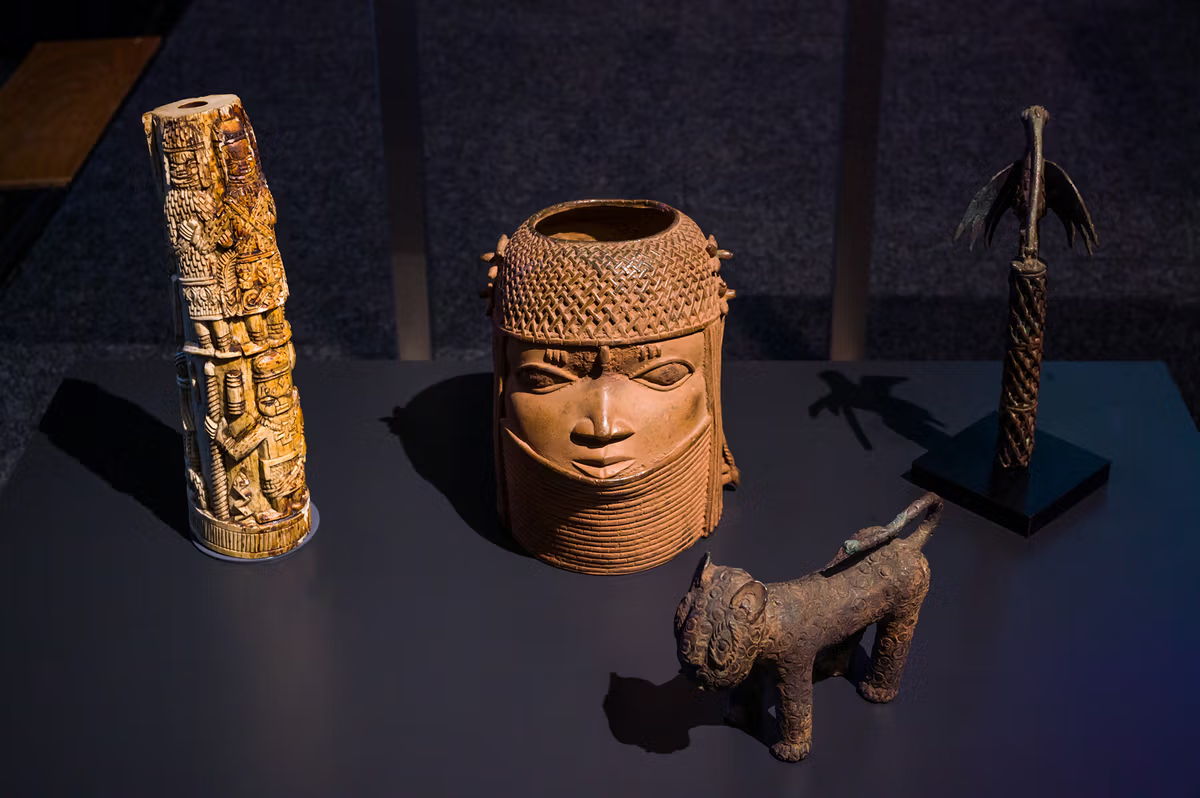This morning, I read with great excitement that Nigeria and the Netherlands had signed an agreement for the return of 119 stolen Benin bronzes — a historic step in reclaiming our cultural heritage. According to the National Commission for Museums and Monuments (NCMM), this agreement marks the largest single repatriation of Benin antiquities linked to the 1897 British punitive expedition.
The deal, signed at the Wereldmuseum in Leiden, Netherlands, outlines the transfer of 113 pieces from the Dutch State Collection and six from the Municipality of Rotterdam. NCMM Director-General, Olugbile Holloway confirmed that the bronzes would be returned in batches, with the first expected by June this year.
For over a century, these artifacts have remained in foreign institutions, their stories told outside their homeland. Now, their return is on the horizon. But beyond the celebration, an important question remains; what happens when they finally come home?
I commend the NCMM for initiating the request in 2022, which laid the groundwork for this breakthrough. However, my thoughts shift from diplomacy to responsibility. Once these priceless artifacts return, how will they be secured and preserved?
My concerns are not unfounded. Rare artworks, especially those of immense historical and cultural significance, face multiple risks if not properly protected. Theft remains a real threat, as artifacts of this caliber are highly sought after on the black market. Without proper conservation measures, environmental factors such as humidity and temperature fluctuations could cause irreversible damage. Beyond security and preservation, there is also the question of ownership; who truly owns these bronzes? Nigeria as a nation, or the people of Benin whose ancestors created them. This debate must be addressed transparently to ensure these artifacts are rightfully housed and managed in a way that honours their historical and cultural significance.
The real victory isn’t just in signing agreements; it lies in what happens after the bronzes arrive. The Nigerian government must articulate a clear agenda. Where will these bronzes be housed? What security and preservation measures are in place? How will they be made accessible to the public while ensuring their safety? This is more than cultural restitution; it is an opportunity for nation-building through heritage preservation. The world is watching; we must get this right.
McMedal is the immediate past Chairman of the Lagos State chapter of the Nigerian Institute of Public Relations, and President/CEO of Upticomm Marketing Company, a public relations firm. He lives in Lagos and can be reached at mcmedals@upticoom.com







